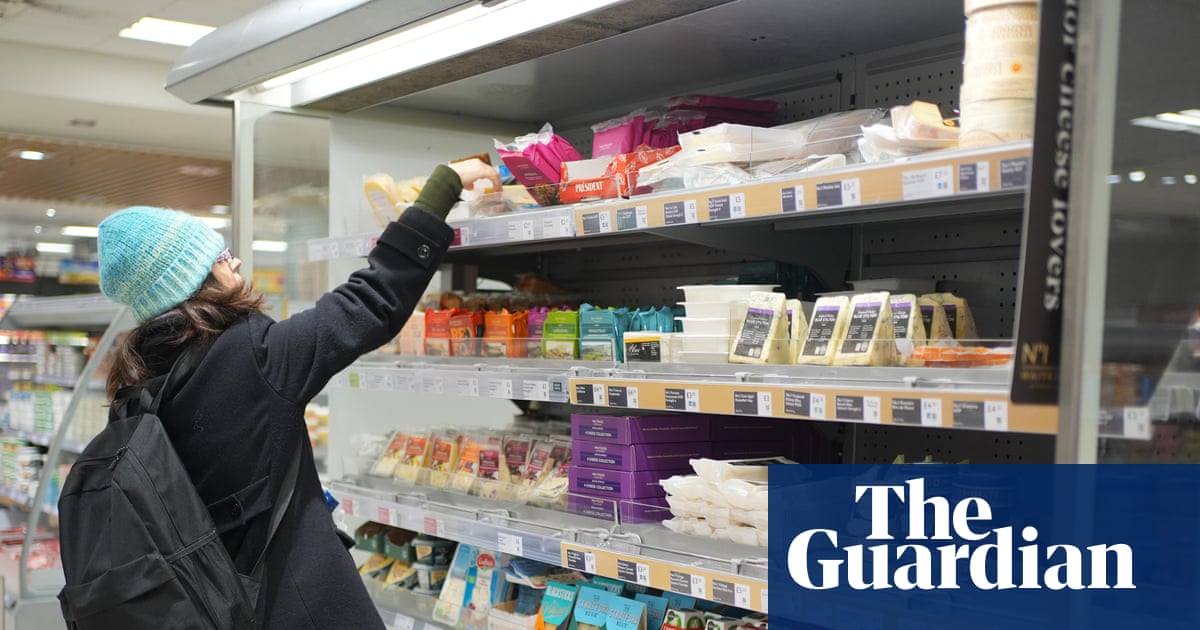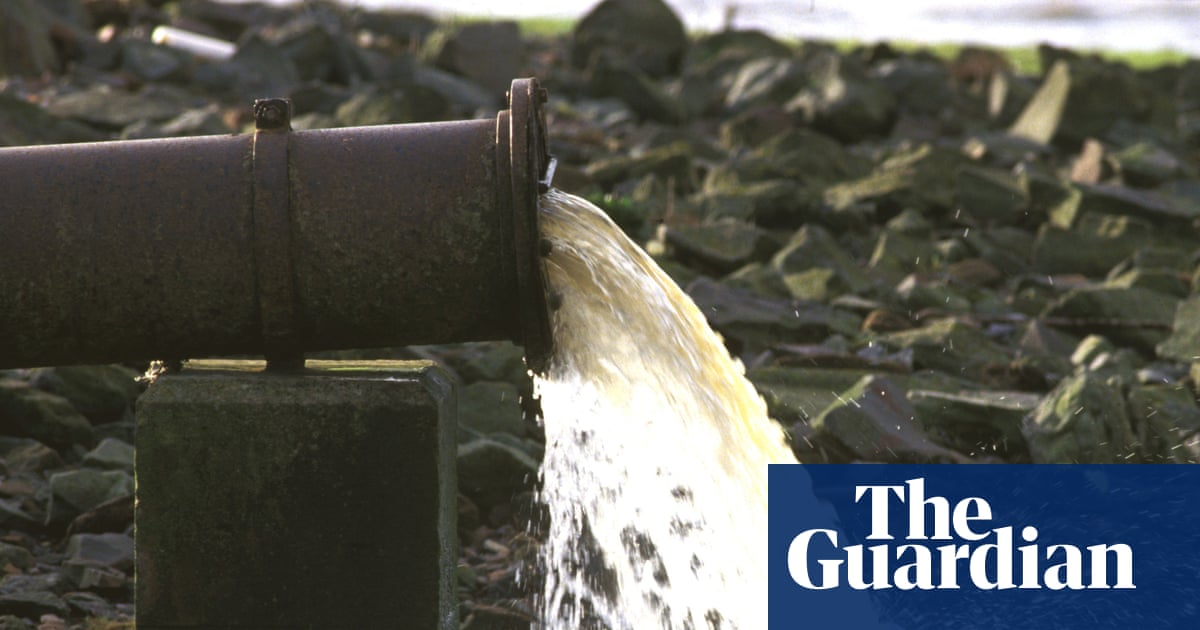England’s schools watchdog, Ofsted, is to press ahead with the introduction of its new inspection regime in November, including a colour-coded report card for parents, despite widespread opposition from headteachers and unions.
An “exceptional” judgment will become the highest of five grades to be awarded across six different inspection areas, as first reported in the Guardian last month, as part of the overhaul prompted by the suicide of the Reading headteacher Ruth Perry after a visit by Ofsted.
However, teaching unions and school leaders said the new inspection framework with its “Nando’s-style” scorecard was “even worse” than the current regime and would do nothing to ease the stress suffered by headteachers and their staff.
Perry’s sister, Prof Julia Waters, described the changes as “an overcomplicated mishmash” and called on the education secretary, Bridget Phillipson, to halt the rollout.
“This is not a new system. This is a cosmetic rebranding, tweaking and expansion of the same unreliable and punishing system as the one before. It still includes many of the risks that teachers and headteachers fear, without significant benefits or safeguards,” Waters said.
A letter signed by Waters, trade unions, former school inspectors and mental health experts has been sent to Phillipson stating that Ofsted has failed to learn the lessons of Perry’s death and calling on the secretary of state to intervene.
Perry killed herself in 2023 after Caversham primary school, which she had led for more than a decade, was downgraded from Ofsted’s current highest grade of outstanding to its lowest, inadequate, over safeguarding concerns.
Berkshire’s senior coroner ruled her suicide was “contributed to by an Ofsted inspection”, after an inquest heard testimony from colleagues and medical professionals of the mental distress Perry suffered during and after the inspection.
Ofsted said it had listened carefully to feedback from parents and professionals and had made a number of alterations to its original proposals after they were put out for public consultation earlier this year, attracting 6,500 responses, of which many were hostile.
Under the new regime, inspectors will look at a wider range of aspects of a school including curriculum and teaching, attendance and behaviour, leadership and governance, achievement and inclusion.
Each evaluation area will receive a grade, ranging from “exceptional” to “strong standard”, “expected standard”, “needs attention” and “urgent improvement”, offering parents a more granular and nuanced portrait of how a school is performing, Ofsted said.
The report card will also include a section on safeguarding, assessing whether standards have been met or not. The single overall judgment for a school, which has been seen as particularly problematic, was scrapped in September 2024.
Phillipson said: “New school report cards will raise the bar for standards across the board, shining a light on what’s working and where change is needed. By providing a fuller picture of school performance – from attendance and behaviour to inclusion – we’re giving parents the transparency they deserve and schools the tools to improve.”
Ofsted said a YouGov poll found almost seven in 10 parents surveyed preferred the new-look report cards to Ofsted’s current inspection reports, but unions and school leaders expressed grave reservations about the “rushed” timetable, with new inspections starting on 10 November.
Pepe Di’Iasio, the general secretary of the Association of School and College Leaders, said: “Let’s remember that this entire process began with the suicide of a headteacher under the previous inspection system. Yet here we are with a reformed system which appears to be even worse.”
Announcing the new regime on Monday, the chief inspector of schools in England, Martyn Oliver, said: “Children deserve the best possible education; their parents deserve the best possible information and education professionals deserve to have their work fairly assessed by experts. The changes we are presenting today aim to achieve all three of these things.”
Where areas for improvement are identified, schools and colleges will receive additional monitoring inspections to ensure rapid progress, while nurseries and childminders will be inspected every four years instead of six.
Oliver said there would be a new focus on inclusion, and on disadvantaged and vulnerable children, as well as a more collaborative approach to inspection, paying greater attention to school leaders’ wellbeing and workload. Each inspection team will have an additional inspector to add capacity.
Daniel Kebede, the general secretary of the National Education Union, said: “We completely reject that a Nando’s-style 1-5 grading scale is good for children or parents. Report cards won’t help keep children safe, boost good teaching or motivate learning.”
Jon Coles, the chief executive of United Learning, England’s largest academy trust, was more positive. “It is important to our school system, to parental confidence and ultimately to the success of children that there is high-quality, trusted, independent and rigorous reporting to parents about the quality of their local schools. I am pleased that the new inspection framework looks set to provide this,” he said.
The shadow education secretary, Laura Trott, said: “Labour are destroying school standards just to play to the tune of the unions. They’re replacing the rigorous inspections that were key to improving our schools with a hollow, watered-down system.”

 2 months ago
56
2 months ago
56

















































